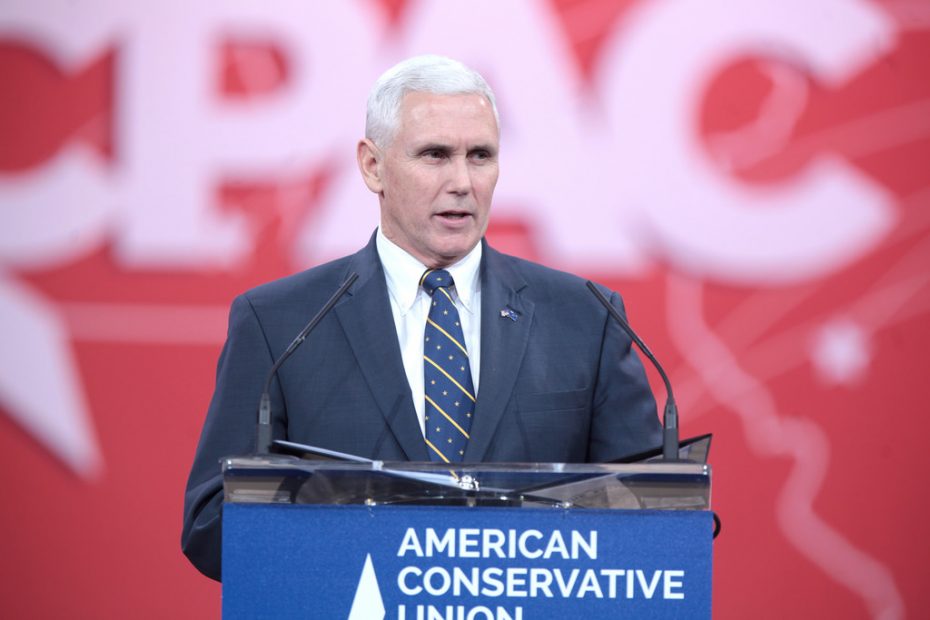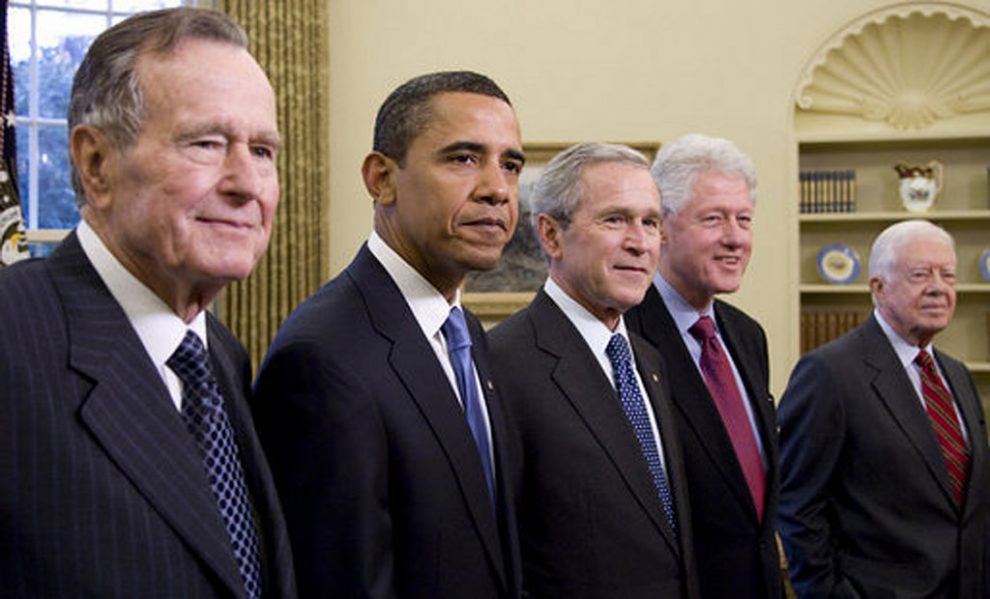One of the most notable but mostly uncovered political developments in recent years has been how enthusiastically many Religious Right leaders have embraced Russia’s anti-democratic president, former KGB official Vladimir Putin. It seems even more remarkable that the Republican Party’s presidential nominee has been lavishing praise on Putin even as Russia maneuvers to diminish America’s influence in the world. As president, Putin has consolidated his power through attacks on the independent media, the persecution of political opponents, and restrictions on civil society. He has annexed…
Housing Policy Should Promote Both Affordability and Responsibility

Homeownership is an important engine of economic growth and provides a path to prosperity for low- and middle-income families. Policies that simply aim to make homeownership more accessible, though, overlook essential safeguards for responsible homeownership. The most recent housing crisis provides ample evidence of this flawed approach, and is the source of enduring pessimism about the housing market. Policymakers should reform housing policy to reduce barriers to responsible homeownership and upward mobility. First, the mortgage-interest deduction should be fixed. The current mortgage-interest deduction disproportionately benefits…
The Republican Industrial Complex Has Turned Missteps Into Millions

Steve Jobs, the late co-founder of Apple, was famously criticized for his ability to convince others to believe anything he said through a combination of hyperbole and bravado. One Apple employee called the effect a “reality distortion field” in 1981 and the term persisted ever since. It’s quite clear by now that conservative philanthropists and grassroots donors have been living in a reality distortion field as well, the creation of a cadre of political consultants who have failed repeatedly at their jobs and yet manage…
The Decline of the Common Good Produced the Rise of Trump

If one wants to understand the rise of Donald Trump, it’s useful to consider two narratives. The first narrative goes like this: The fortunes of the white working class have been waning for decades. Real median wages for people without a college degree are lower today than they were forty years ago. Income inequality is now back to where it was during the Gilded Age. Meanwhile, trust and social cohesion have plummeted. As each new technological advance leaves low-skilled workers out in the cold and…
The Beginning of the End for House Saud

Between the crash in the price of oil and the Kingdom’s flailing war with the neighboring Houthis, the Saudi’s fortunes have taken a precipitous turn for the worse. Both crises have been handled with the impressive ineptitude, long trademarked by the House of Saud. Their scheme to bankrupt their geopolitical and economic rivals, Russia and the U.S. fracking industry respectively, via flooding the oil market with cheap crude, has backfired gloriously. The war in Yemen has likewise become an unmitigated disaster, an enormous economic drain on…
Veep Nominees Can Actually Help With Voters, Contrary to Myth

Since 2000, only one vice-presidential candidate (John Edwards in 2004) was from a state that could have been competitive in November. Pence, the incumbent governor of Indiana, doesn’t break that pattern: Recent polls have Trump comfortably ahead in his state. […] However, in a new study published in American Politics Research, we come to a different conclusion. We find that the average vice-presidential home-state advantage is considerably higher: nearly 3 percentage points, on average. We also find that this advantage exists in battleground states with…
Is Pokemon Go a National Security Risk? Potentially, Yes

Nintendo’s smash hit augmented reality game Pokemon Go is attracting the attention of conspiracy theorists who believe it’s part of an elaborate plot to spy on users or get them to spy on behalf of sundry foreign governments. In China, where the app is not officially available, people are telling each other to avoid using the app anyway lest it allegedly allow foreign nations to spy on the country’s military installations: “Don’t play Pokemon GO!!!” said user Pitaorenzhe on Chinese microblogging site Weibo. “It’s so…
Deicide and the Protestant Deformation

Matthew Rose’s great First Things essay about the infamous 1966 “Death Of God” cover story in Time magazine is only available online to that magazine’s subscribers, but I think I can quote enough of it here to give you its gist. Rose discusses the tenets of “Death Of God” theology — that is, how a group of liberal Protestant theologians in the 1960s came to believe and to proclaim that being faithful to Christ meant teaching that God is dead. The Time cover story was…
Presidents Who Get What They Want Use the Other Party’s Base to Do So

Regardless of whether Donald Trump or Hillary Clinton wins November’s election, the next president faces what looks to be a nearly impossible task when it comes to governing: Persuading the other side to compromise. With the House likely to remain in Republican hands and neither party likely to hold a filibuster-proof Senate majority, successful dealmaking with Congress by the next president would have to overcome massive partisan divisions. Holding your breath doesn’t seem advisable. But one route to legislative success may lie with the public….
Why Ohio Picks America’s Presidents

Every four years, Ohio voters end up speaking for more than just themselves, whether they realize it or not. While Ohio is not always or even often the single state that decides who becomes president of the United States, its consistent presence near the average national voting has cemented its reputation as one of the key states in presidential politics. Ohio almost always votes fairly close to the national average, and the winning candidate almost always carries the state by a margin that mirrors the…
Hindus, Muslims, and the Irreligious Are Youngest U.S. Faith Groups

The U.S. religious landscape is already in the midst of some dramatic changes when it comes to the growth or decline of people with certain religious identities. And while it is impossible to predict exactly how that landscape will shift in the future, some key demographic factors — particularly age — can provide a clue as to how things might unfold in the coming decades. For example, religious groups whose members are younger may be more likely to grow, not only because those members will…